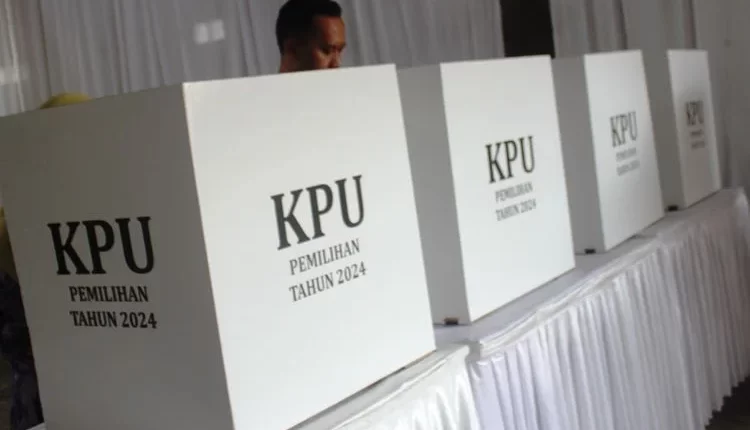Dissatisfaction with Election Results Must Be Distributed According to Provisions
Jakarta – The 2024 Simultaneous Regional Elections taking place throughout Indonesia are an important moment in determining the direction of development in various regions. However, as with other democratic celebrations, it is possible that there will be parties who are dissatisfied with the election results. The Head of the South Kalimantan General Election Commission (KPU), Andi Tenri Sompa, emphasized that a legal mechanism has been prepared to handle such objections or dissatisfaction.
“There is indeed room for parties who are legally allowed to file lawsuits,” he said. He explained that the vote recapitulation process at the district/city level is scheduled to last until December 6, 2024. Furthermore, the recapitulation results will be received by the South Kalimantan KPU and continued to the provincial level on December 7-8, 2024. Andi ensured that the schedule has not changed.
For those who are dissatisfied with the results of the vote recapitulation, a legal path has been provided through the Constitutional Court (MK). MK Spokesperson Fajar Laksono stated that his institution is ready to accept and process the submission of an application for the election results if there is one.
“The Constitutional Court has prepared itself to accept, if there is a request,” he said. Fajar explained that the deadline for submitting a request is three working days since the determination and announcement of the results by the KPU.
The process of counting votes and recapitulation of the results of the 2024 Pilkada will take place from November 27 to December 16, 2024, as regulated in KPU Regulation (PKPU) Number 2 of 2024. During this period, the KPU will periodically announce the vote acquisition (real count) and recapitulation of the vote counting results throughout Indonesia.
The results announced by the KPU are the vote count carried out by the Voting Organizing Group (KPPS). This vote recapitulation is then continued through an open plenary meeting by the Sub-district Election Committee (PPK), district/city KPU, provincial KPU, and central KPU. All stages are carried out transparently and in accordance with the provisions of laws and regulations.
Andi Tenri Sompa emphasized the importance of following the established mechanism to maintain the conduciveness of the implementation of the regional elections. “The public is expected to remain calm and follow the vote counting results officially announced by the KPU,” he added.
As the final institution that handles election disputes, the Constitutional Court has a strategic role in maintaining the integrity of the democratic process. According to Fajar Laksono, the Constitutional Court’s readiness is a form of commitment to law enforcement and justice in elections.
The legal process at the Constitutional Court not only ensures that the election results are in accordance with the rules, but also provides a space for parties to convey objections peacefully and democratically. With this mechanism, dissatisfaction with the election results is expected not to lead to conflict or actions that are detrimental to social stability. (*)
